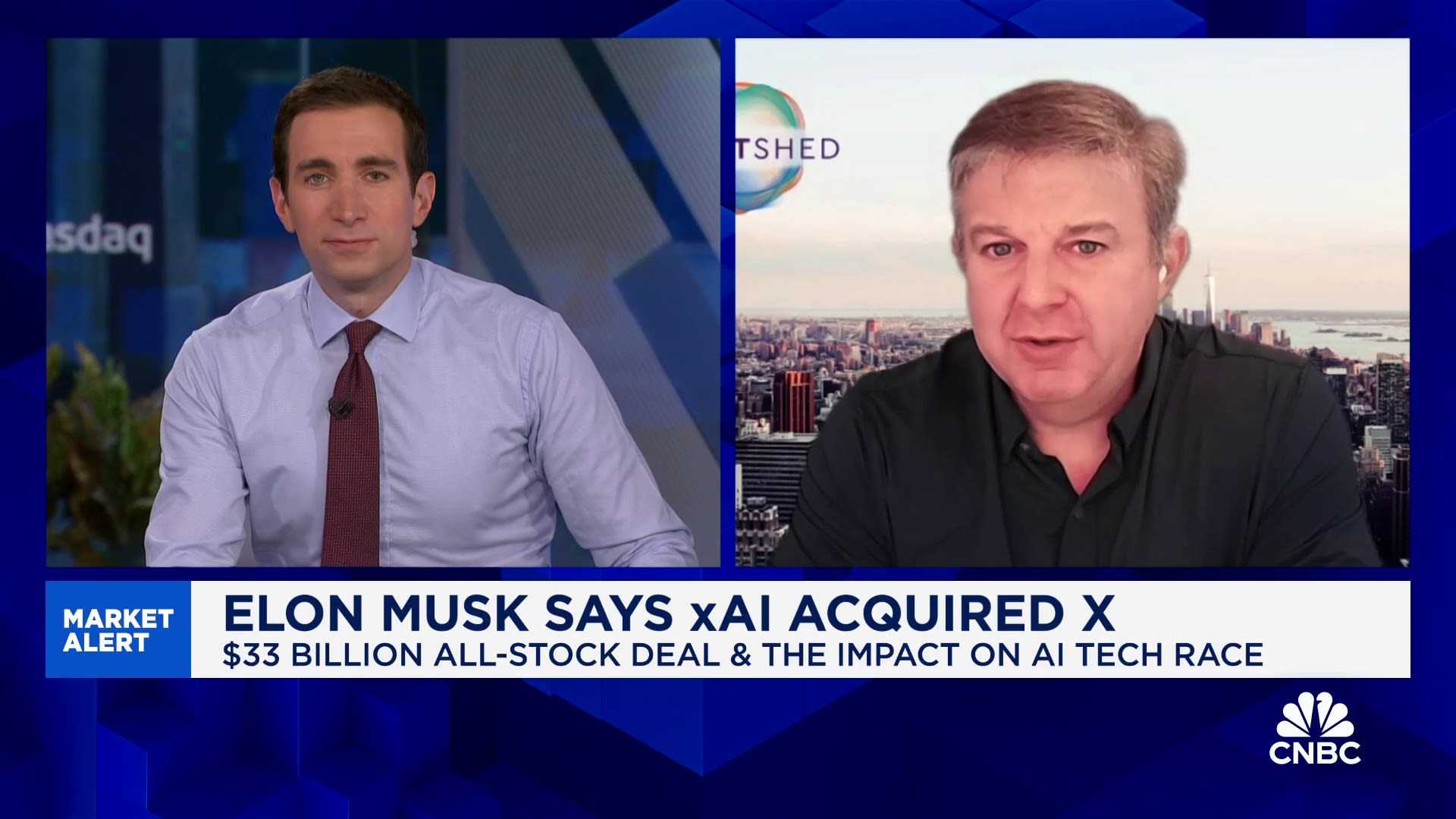Business
Elon Musk’s $110 Billion Merger Raises Eyebrows in Financial Circles

San Francisco, CA — Elon Musk has stunned the financial world with a bold merger between his social-media platform X and the artificial intelligence company xAI, valuing the new entity at over $110 billion. This unprecedented deal, announced on April 1, 2025, raises questions about the unorthodox practices Musk employed during the negotiations.
The agreement features an all-stock transaction where X is valued at $33 billion, while xAI’s worth has skyrocketed from $50 billion to $80 billion since the last funding round merely four months ago. Andrew Verstein, a law professor at UCLA, described the valuation as “funny money,” likening it to using Monopoly currency for real transactions.
In an atypical move for such a significant deal, Musk utilized only one set of advisers—Morgan Stanley and Sullivan & Cromwell— to represent both parties. Typically, competition among various advisers ensures that each side of a merger negotiates the best deal for their stakeholders. Morgan Stanley had previously aided Musk in his $44 billion acquisition of Twitter.
The unusual process for this merger, relying solely on these advisers, allows for significant loopholes that might raise eyebrows among seasoned dealmakers. “In normal circumstances, you’d expect armies of bankers and lawyers working on both sides,” noted a Wall Street analyst.
Shares of both companies will be traded for stock in a newly formed holding company, implying an agreed-upon exchange rate has been set between the two previously separate entities. Some analysts predict this merger could prompt similar moves among other social media firms looking to enhance their data capabilities.
Despite the excitement in certain quarters, many bankers are observing the deal with cautious interest. A major reason for the merger is the real-time data capabilities provided by X, with hundreds of millions of active users creating valuable content daily, making it a perfect complement to xAI’s objectives.
However, this merger diverges from standard practices, particularly concerning the potential for shareholder litigation. xAI and X share several investors, predominantly backers of Musk, which minimizes the risk of disputes typically seen in public company mergers. Dorothy Lund, a professor at Columbia Law School, explained that Nevada’s legal environment for corporate governance differs from Delaware’s, where litigation arises from disputes over valuations. The lack of independent evaluations has raised concerns among some analysts about the fairness of the negotiated terms.
Investors reacted positively to the merger, and posts made on X indicated widespread support. Nevertheless, the transaction does not signify a near-term resurgence in overall mergers and acquisitions, as 2025 has started conservatively in terms of megadeals.
Ultimately, Musk’s ability to navigate corporate mergers may set new precedents in the tech industry, although questions about valuation practices, advisor conflicts, and investor rights loom large over the merged entity’s future.












